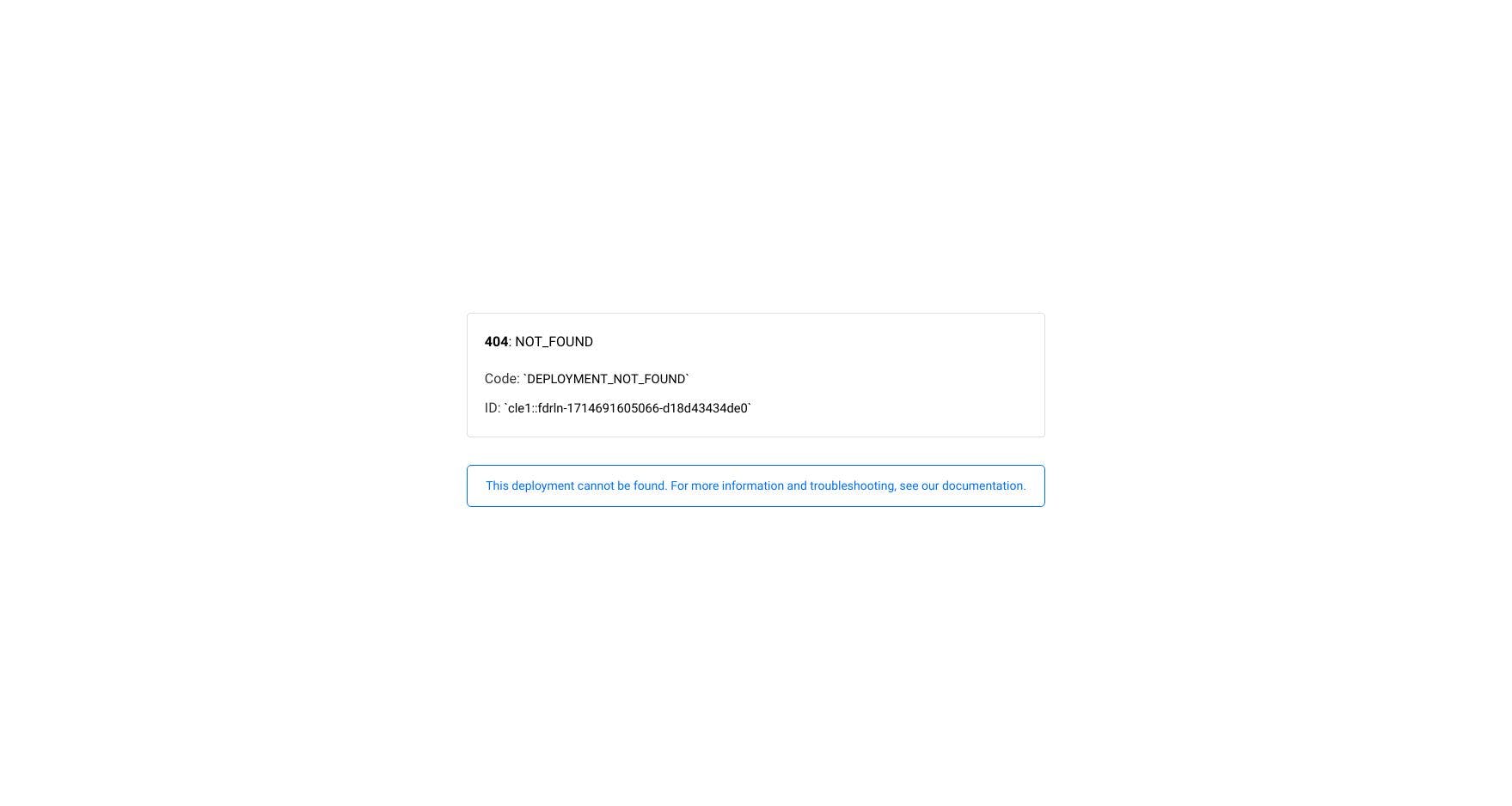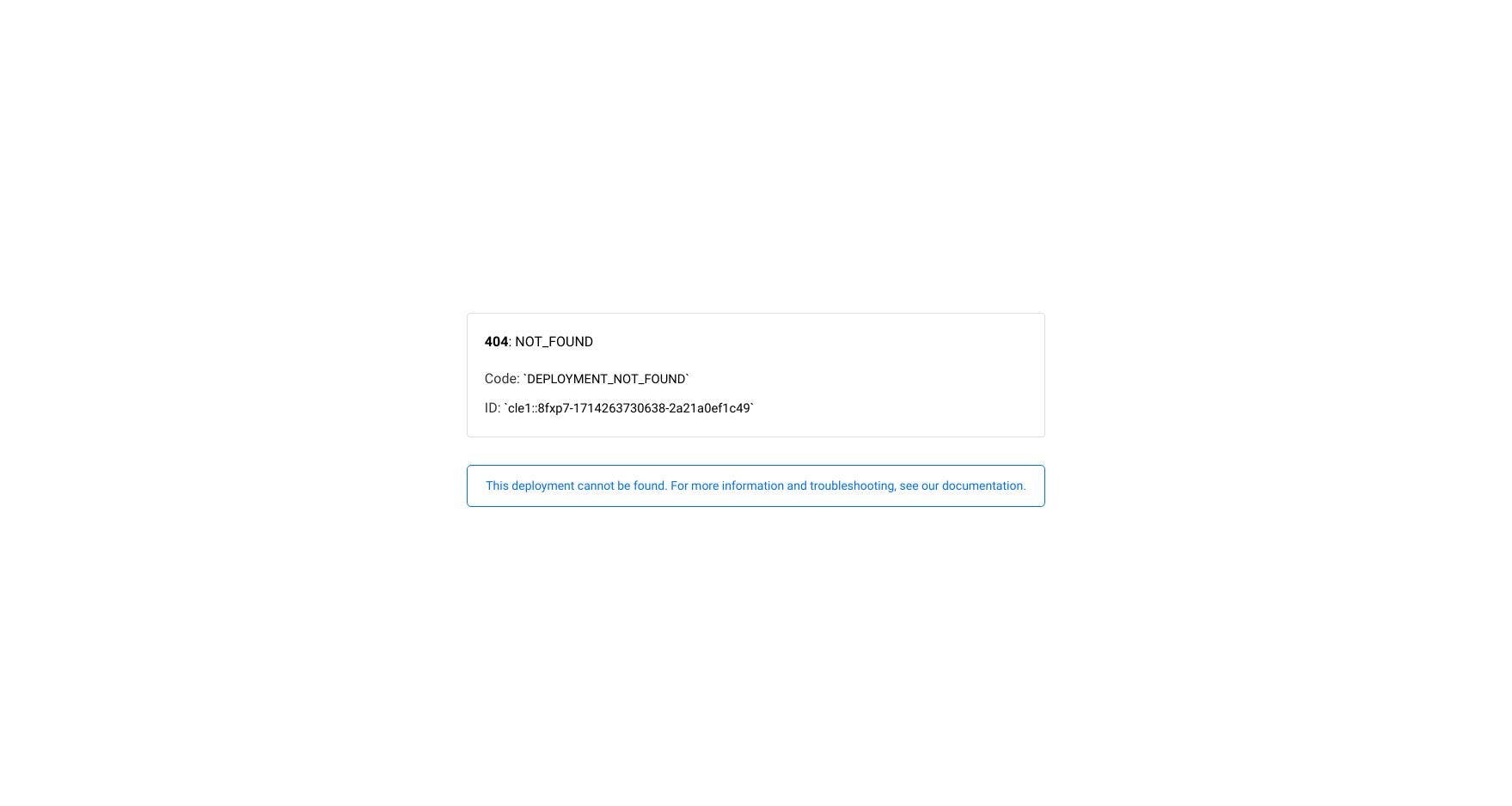BOH VS NVG Stock Comparison
Performance
BOH10/100
10/100
BOH returned -29.87% in the last 12 months. Based on SPY's performance of -0.37%, its performance is below average giving it a score of 10 of 100.
NVG10/100
10/100
NVG returned -5.51% in the last 12 months. Based on SPY's performance of 1.19%, its performance is below average giving it a score of 10 of 100.
Analyst Price Targets
BOH44/100
44/100
9 analysts offer 12-month price targets for BOH. Together, they have an average target of 0, the most optimistic target put BOH at 0 within 12-months and the most pessimistic has BOH at 0.
NVG
"Analyst Price Targets" not found for NVG
Technicals
BOH93/100
93/100
BOH receives a 92 of 100 based on 14 indicators. 12 are bullish, 0 are bearish.
NVG61/100
61/100
NVG receives a 60 of 100 based on 14 indicators. 8 are bullish, 5 are bearish.
Earnings
BOH51/100
51/100
BOH has missed earnings 3 times in the last 20 quarters.
NVG
"Earnings" not found for NVG
Profit
BOH61/100
61/100
Out of the last 20 quarters, BOH has had 20 profitable quarters and has increased their profits year over year on 4 of them.
NVG53/100
53/100
Out of the last 9 quarters, NVG has had 5 profitable quarters and has increased their profits year over year on 3 of them.
Volatility
BOH50/100
50/100
BOH has had an average amount of volatility over the last 12 months giving it a score of 50 of 100.
NVG46/100
46/100
NVG has had a lower than average amount of volatility over the last 12 months giving it a score of 46 of 100.
All score calculations are broken down here to help you make more informed investing decisions
Bank of Hawaii Corp. Summary
New York Stock Exchange / BOH
Financial Services
Banks - Regional
Bank of Hawaii Corporation operates as the bank holding company for Bank of Hawaii that provides various financial products and services in Hawaii, Guam, and other Pacific Islands. It operates in three segments: Consumer Banking, Commercial Banking, and Treasury and Other. The Consumer Banking segment offers checking, savings, and time deposit accounts; residential mortgage loans, home equity lines of credit, automobile loans and leases, personal lines of credit, installment loans, small business loans and leases, and credit cards; private and international client banking, investment, credit, and trust services to individuals and families, and high-net-worth individuals; investment management; institutional investment advisory services to corporations, government entities, and foundations; and brokerage offerings, including equities, mutual funds, life insurance, and annuity products. This segment operates 54 branch locations and 307 ATMs throughout Hawaii and the Pacific Islands, and a customer service center, as well as through online and mobile banking. The Commercial Banking segment provides corporate banking, commercial real estate loans, commercial lease financing, auto dealer financing, and deposit products. It offers commercial lending and deposit products to middle-market and large companies, and government entities; commercial real estate mortgages to investors, developers, and builders; and international banking and merchant services. The Treasury and Other segment offers corporate asset and liability management services, including interest rate risk management and foreign exchange services. Bank of Hawaii Corporation was founded in 1897 and is headquartered in Honolulu, Hawaii.
Nuveen AMT-Free Municipal Credit Income Fund Summary
New York Stock Exchange / NVG
Financial Services
Asset Management - Income
Nuveen AMT-Free Municipal Credit Income Fund is a closed ended fixed income mutual fund launched by Nuveen Investments, Inc. The fund is co-managed by Nuveen Fund Advisors LLC and Nuveen Asset Management, LLC. It invests in the fixed income markets of the United States. The fund invests in undervalued municipal securities and other related investments exempt from regular federal income taxes that are rated Baa/BBB or better by S&P, Moody's, or Fitch, and that have an average maturity of 17.02 years. It employs fundamental analysis with bottom-up stock picking approach to create its portfolio. The fund benchmarks the performance of its portfolio against Standard & Poor's (S&P) Insured Municipal Bond Index. It was formerly known as Nuveen Insured Dividend Advantage Municipal Fund. It was formerly known as Nuveen Enhanced AMT-Free Municipal Credit Opportunities Fund. Nuveen AMT-Free Municipal Credit Income Fund was formed on July 12, 1999 and is domiciled in the United States.
Power up your portfolio
Build a portfolio of your favorite stocks
Pluto makes it easy to build investing strategies and automate your portfolio
Compare Similar Companies
Compare BOH to other companies in the same or a similar industry.








